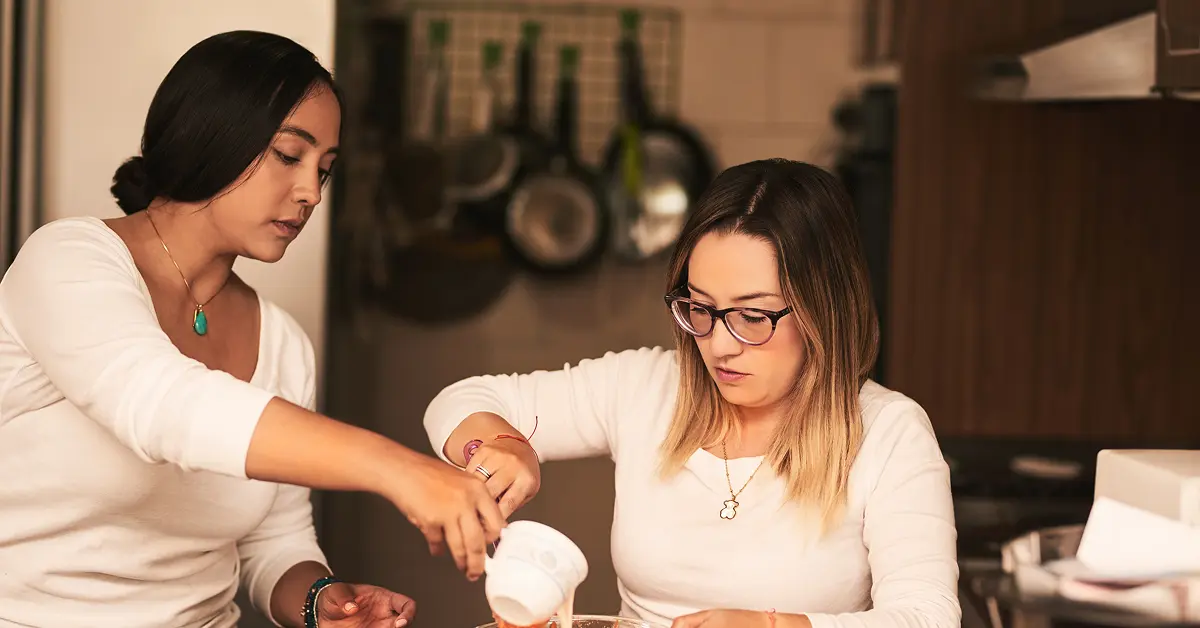As India’s elderly population continues to grow, so does the demand for professional and compassionate caregivers. One of the most fulfilling roles in the healthcare and senior care industry is that of a companion or personal caregiver. If you have a kind heart, patience, and a willingness to help others live with dignity and comfort, this may be the ideal career for you.
In this blog, we’ll walk you through everything you need to know about how to become a companion or personal caregiver in India—skills required, qualifications, training options, job opportunities, and more.
What Is a Companion or Personal Caregiver?
A companion or personal caregiver is someone who provides non-medical assistance and emotional support to individuals who are elderly, disabled, or recovering from illness. Unlike medical caregivers such as nurses, companion caregivers focus on helping with daily living activities, offering companionship, and ensuring a safe environment.
Key Responsibilities:
- Assisting with personal hygiene (bathing, grooming, dressing)
- Helping with mobility and exercise
- Preparing meals and feeding
- Medication reminders
- Accompanying the person to doctor visits
- Light housekeeping and laundry
- Providing companionship and emotional support
Step-by-Step Guide to Becoming a Companion or Personal Caregiver
Understand the Role
Before starting, it’s important to know what the job entails. Companion caregiving involves both physical and emotional effort. You’ll be supporting someone who may be dealing with loneliness, mobility issues, or chronic conditions. Being empathetic and patient is critical.
Assess Your Skills and Personality
You don’t need a medical degree to become a companion caregiver, but you do need the right set of soft skills:
- Empathy and compassion
- Patience
- Communication skills (in local languages like Hindi, Bengali, Tamil, etc.)
- Physical stamina
- Reliability and punctuality
- Ability to handle emergency situations
Complete Basic Education
While there is no strict academic requirement, completing at least 10th or 12th standard is preferred by most employers. It ensures you have basic literacy and can follow instructions related to medicine, diet, or health monitoring.
Get Professional Training
Several institutions across India offer short-term caregiver training programmes. These courses typically cover:
- Basic nursing care
- First aid and CPR
- Elderly care techniques
- Communication and hygiene practices
Training Options in India:
- IGNOU (Indira Gandhi National Open University): Certificate in Geriatric Care
- NIOS (National Institute of Open Schooling): Home Health Aide courses
- Private Institutes: Available in metro cities like Mumbai, Delhi, Bengaluru, and Chennai
The duration ranges from 1 month to 6 months, with costs between ₹5,000 to ₹25,000 depending on the institute and location.
Get Hands-On Experience
After training, try to get on-the-job experience through internships, volunteer work, or joining a care agency. Real-life exposure helps you learn how to handle different clients, understand their needs, and build confidence.
Get Certified
While certification isn’t mandatory, it gives you credibility and makes you more employable. Some recognised certifications include:
- Certificate in Geriatric Care
- Home Health Aide Certification
- First Aid and CPR Training (Red Cross India or other reputed agencies)
Where Can You Work?
Once trained, you can work in:
- Private homes as a live-in or part-time caregiver
- Senior care centres and old-age homes
- Rehabilitation centres
- Home healthcare agencies
- NGOs working with the elderly or disabled
Job Locations:
Most jobs are available in urban and semi-urban centres like:
- Delhi NCR
- Mumbai
- Bengaluru
- Chennai
- Kolkata
- Pune
- Hyderabad
Some caregivers also work abroad in countries like the UAE, Canada, and the UK, especially those with formal certification and English-speaking ability.
Income Potential in India
| Experience Level | Monthly Salary (INR) |
|---|---|
| Fresher (0–1 year) | ₹8,000 – ₹15,000 |
| 1–3 years | ₹15,000 – ₹25,000 |
| 3+ years or live-in roles | ₹25,000 – ₹40,000+ |
Pros and Cons of Being a Caregiver
Pros:
- Emotionally rewarding career
- High demand and job security
- Flexible working hours (part-time/full-time/live-in)
- Opportunities to work abroad
Cons:
- Physically and emotionally demanding
- May involve night shifts or long hours
- Managing uncooperative or ill-tempered clients can be challenging
Tips to Succeed as a Personal Caregiver
- Keep Learning: Take online courses to improve your skills.
- Join a Caregiver Network: Being part of support groups or online forums helps you stay updated and feel supported.
- Stay Fit and Healthy: Your own health is crucial when you're caring for others.
- Be Respectful of Cultural Beliefs: Clients may have religious, dietary, or lifestyle preferences that should be honoured.
- Maintain Confidentiality: Always respect your client’s privacy and personal matters.
Final Thoughts
Becoming a companion or personal caregiver in India is not just a job—it’s a commitment to improving someone’s quality of life. It is especially relevant in Indian families where the elderly population is growing, and nuclear families often need external support.
With proper training, compassion, and dedication, you can build a meaningful and stable career in this sector. Whether you're looking to support elders, assist those with disabilities, or simply be a comforting presence to someone in need, caregiving is a noble path.
Are you ready to start your journey as a personal caregiver? Explore local training centres, enroll in a course, and begin making a difference—one person at a time.
Contents
Our 24*7 services
Latest Posts
- What Is Respite Care and Why Is It Important
- Affordable home care for senior citizens in India
- Caring for Seniors with Dementia or Alzheimer's at Home
- Senior Caregiving A Guide for Every Family
- How to Write a Caregiver Resume That Gets You Hired
- How Care After Hospital Discharge Speeds Up Recovery at Home
- How to Get Home Health Care for Seniors Through Medicare
- What Does a Senior Citizen Caregiver Really Do at Home
- How to Care for Elderly Parents with Alzheimer’s or Dementia
- How to Get 24-Hour Care for Seniors at Home



